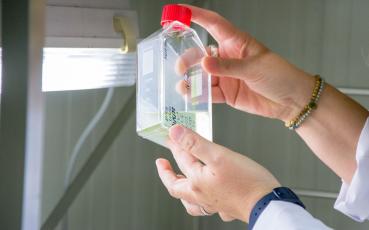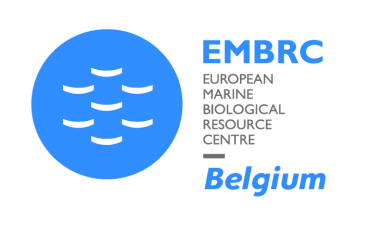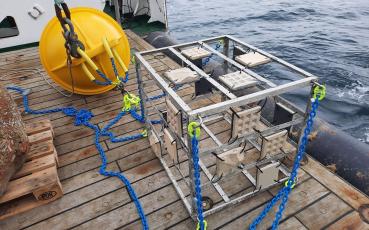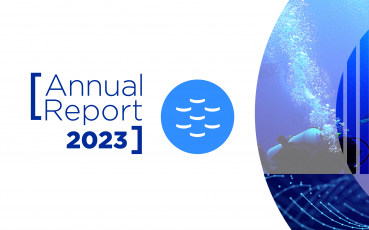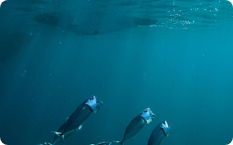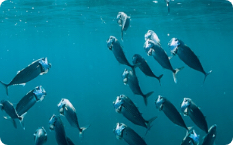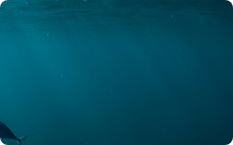Rodgee Mae Guden from the Marine Biology Research Group of Ghent University successfully defended her PhD research on 26 April, 2023. In collaboration with Flanders Research Institute for Agriculture, Fisheries and Food (ILVO), this research was centered around understanding the processes that maintain the components of marine ecosystems and the mechanisms that link them, which is crucial to predict and manage the consequences of biodiversity loss on marine ecosystem functioning. Specifically, this research investigated how competitive interactions among marine nematodes affect the ability of animals to cope with environmental stressors, and how nematode-bacteria interactions impact biodiversity-ecosystem functioning relationships using EMBRC-BE infrastructure.
The PhD project of Rodgee Mae Guden, guided by promotors Prof. Tom Moens and Prof. Sofie Derycke, consisted of three main aims. The first is to elucidate how competitive interactions influence the persistence and adaptive potential of marine nematodes in the face of environmental changes. Using the marine nematode species complex Litoditis marina as a model system, they demonstrated that parental exposure to different levels of intraspecific competition affects the ability of subsequent generations to cope with thermal stress.
The second and third aims of the PhD project highlight the interactions between nematodes and bacteria in marine benthic environments. This research showed that the diversity of bacteria as food sources for marine nematodes affects the resource preferences, fitness, dispersal, and interspecific interactions of nematodes. Furthermore, this revealed that nematode assemblages, in turn, alter the taxonomic structure and metabolic functional pathways of benthic bacterial communities, and play an important role in bacterial-mediated biogeochemical cycles.
In view of the current changes in environmental conditions due to anthropogenic activities, investigating the mechanisms that influence marine biodiversity and ecosystem functioning is all the more crucial. This PhD project improves our understanding of the processes that operate within benthic environments, particularly those processes that regulate and maintain biodiversity and ecosystem functioning. More importantly, this adds to the limited but increasing empirical support of the significant contribution of marine nematodes, which may be “invisible” yet are key players in benthic environments.
TITLE
- News
- Service catalogue
- Events
- How to access our services
- Organisation & governance
- Calls
- About research infrastructures
- EMO BON
- Flanders Marine Institute
- Ghent University
- Hasselt University
- Institute of Natural Sciences
- Joint Development Activities
- Newsletter
- Reports and brochures
- University of Leuven
- Costs & funding










